As autumn raises its blustery head, rosé lovers may be looking more to their winter warmers than to their piscine pinks. A tragedy… not least because, like a puppy that’s not just for Christmas, a rosé isn’t just for summer. I’m not talking here about the obvious go-to southern French region (sounds like Lau-rence), but neighbouring Languedoc.
Les Vignobles Foncalieu is a cooperative of 619 growers covering some 5,200 hectares across the region: boasting over 80% of the vineyards as certified agro-environmentally friendly. Foncalieu is one of the largest co-ops in France. So, when 34 % of its production is dedicated to rosé wine (just under 10% more than the entire Pays d’Oc wider region) what Foncalieu does with the category prompts others to follow.
It vinifies some 14 varieties as rosé including the rare Piquepoul Noir and Sauvignon Gris along with regional favourites such as Grenache and Cinsault. With such diversity these wines are anything but run-of-the-mill ‘porch pounders’ as our American cousins would say. With plans to market 10 million bottles of rosé in 2025 these wines now appear to form the bedrock of the region’s stylistic offerings.
Diversity of rosé styles is key
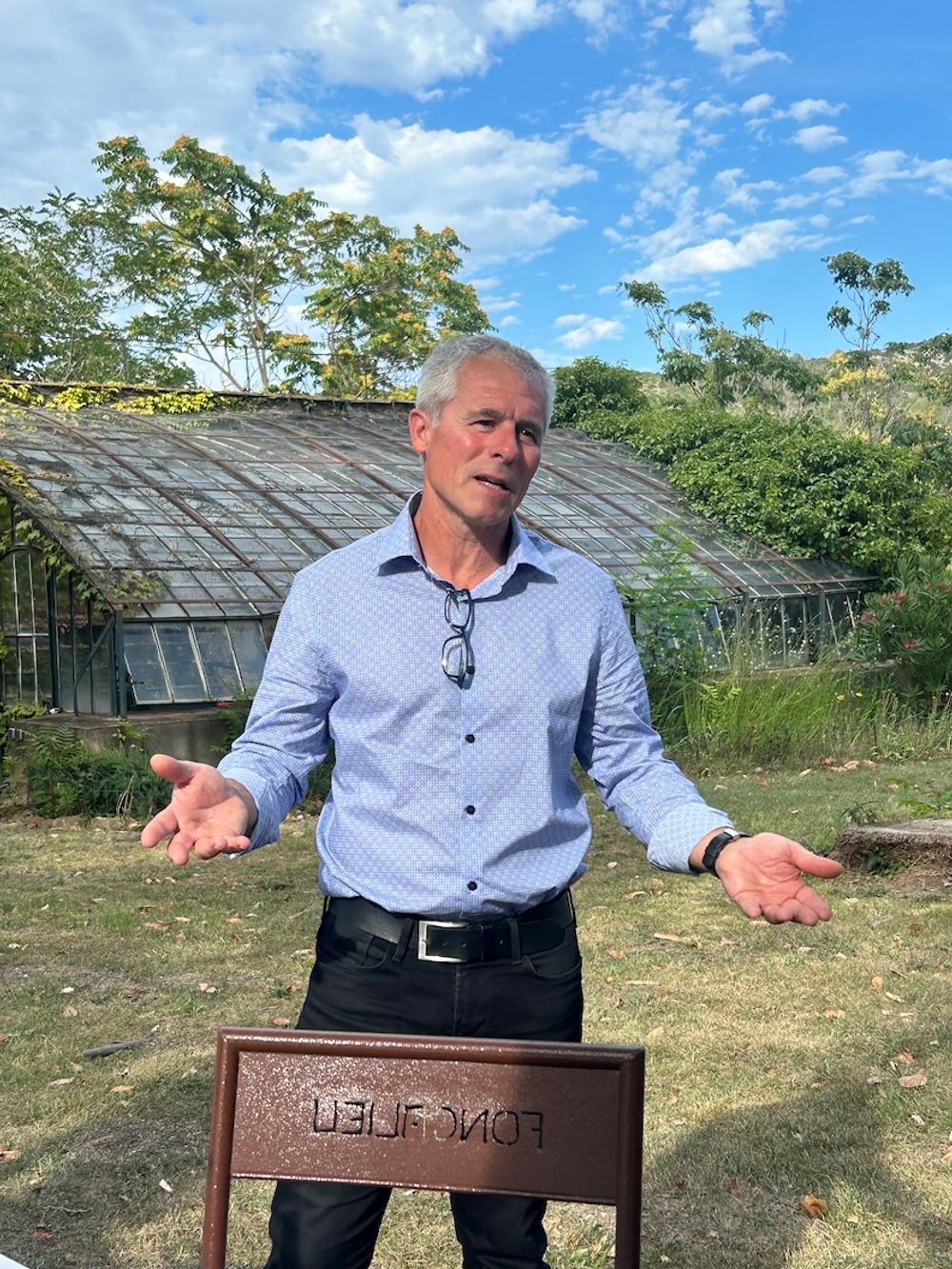
Jean-Marie Cassignol, president of Foncalieu
Therefore, a chance to taste so many different rosé styles alongside Jean-Marie Cassignol, president of Foncalieu and oenological director Bertrand Cherel in the gardens of Vallée du Paradis (Corbières), was heaven indeed. Even the sky turned pink for journalists gathered in the gardens of cooperative-owned Château Haut Gleon; although not even the mighty Foncalieu cannot take credit for creating that!
Tasting the range of styles proved to be as varied in pink and orange hues as the sunset we witnessed. From a wide selection I’ve picked out some of the best that show both winemaking innovation, diversity and quality. Wines that fit into the wider Pays d’Oc drive for diversity of regional styles including the release of newer varieties.
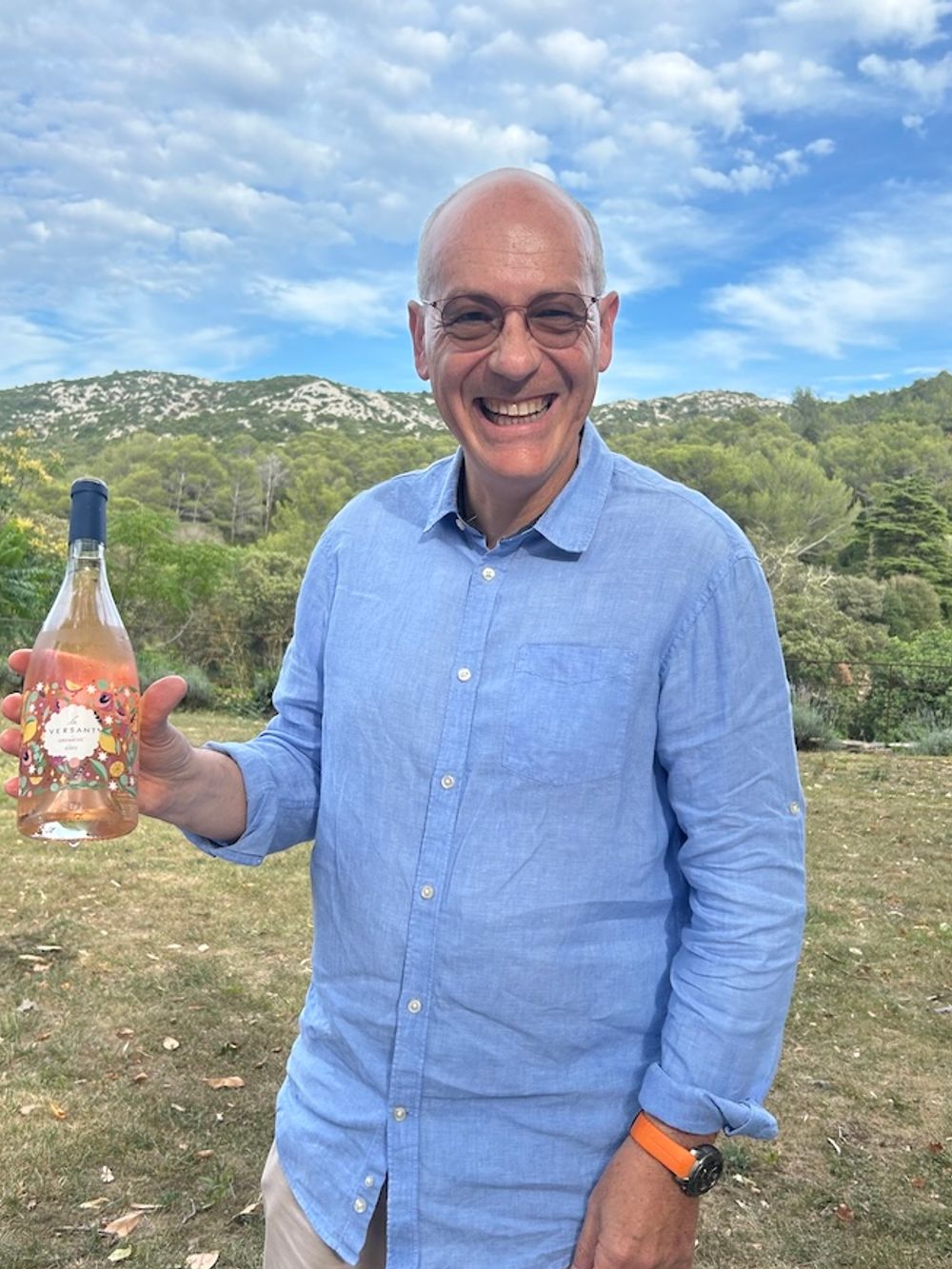
Marketing is key to breaking in new grape varieties: oenological director Bertrand Cherel
“We help people who want to plant them… When you plant grapes, it's not for one year. So, we give them a guarantee, a financial guarantee. Because in a co-op, the vineyard belongs to the viticulture. It doesn't belong to the co-op,” says oenological director Bertrand Cherel, commenting on how vignerons are encouraged to plant hyrbrid varieties.
Perhaps most interesting of the wine styles we tried were those of the newly registered varieties planted for their disease and drought resistance. Bertrand Cherel explained how important these new hybrids were in an increasingly unstable climatic environment:
“The main thing is the name of the varieties – Artaban, Vidoc and Floréal are completely unknown. Today, in the wine business, people know Cabernet, Syrah, Chardonnay, Sauvignon and all those varieties, it's more difficult to work on that knowledge. So, what can you do? Marketing!”
Marketing, indeed; the use of these new varietals is widespread across the Foncalieu rosé portfolio. Artaban, Vidoc and Floréal are hybrids that offer resistance to disease pressure, such as downy mildew which is a major issue regionally. Foncalieu has been championing these varieties since 2019 and were the first to market a single varietal resistant cultivar in France (NU. VO.TE).
Tasted in the lineup NU.VO.TE has no added sulphites and is lower in alcohol in line with the current global trend. These wines lack the complexity of some aged and gastronomic pink wines but offer value as an easy drinking style. NU.VO.TE is a vibrant fresh rosé with crunchy red fruits and a clean, citric finish.
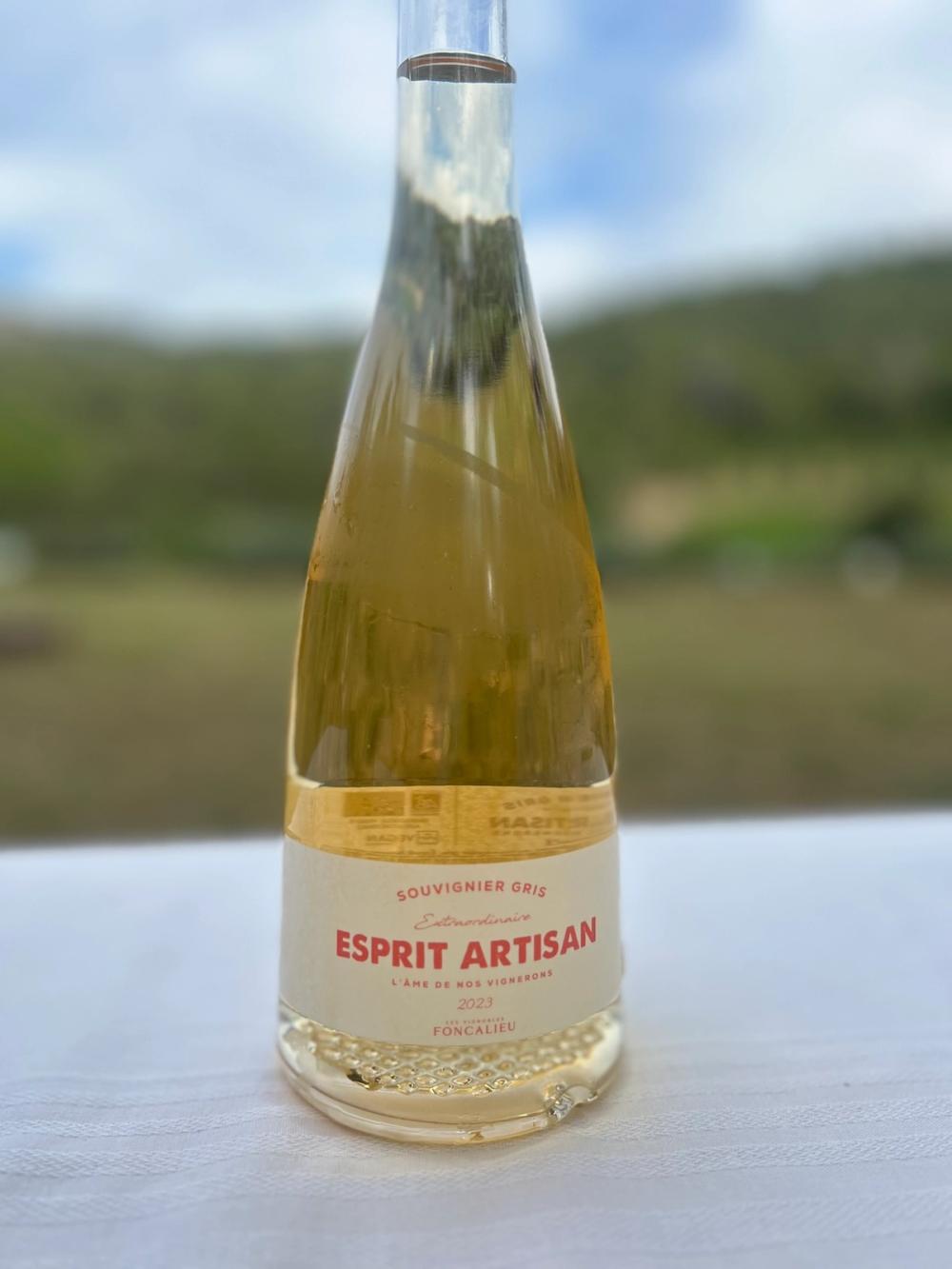
Following similar lines is their oh-so-delicately-coloured Esprit Artisan Souvignier Gris, another climate-resistant variety with subtle lemon, grapefruit and just-ripe apricot notes. What brings these varying rosé styles together is the incredible value they offer the consumer, at a price point way below its pink-producing neighbours.
It’s not just the hybrid varieties that form an important part of Foncalieu’s stable of rosé wines. The Versant rosé* made with gently pressed Grenache juice and aged in steel for three months, offers pairing versatility for the consumer with a potential for ageing of up to three years; more than many rosés on the market; enticing Millenials and Gen Z into the fray with its bright eye-catching label, part of a collaboration with artist Amy Jones.
Strength of rosé on the international stage
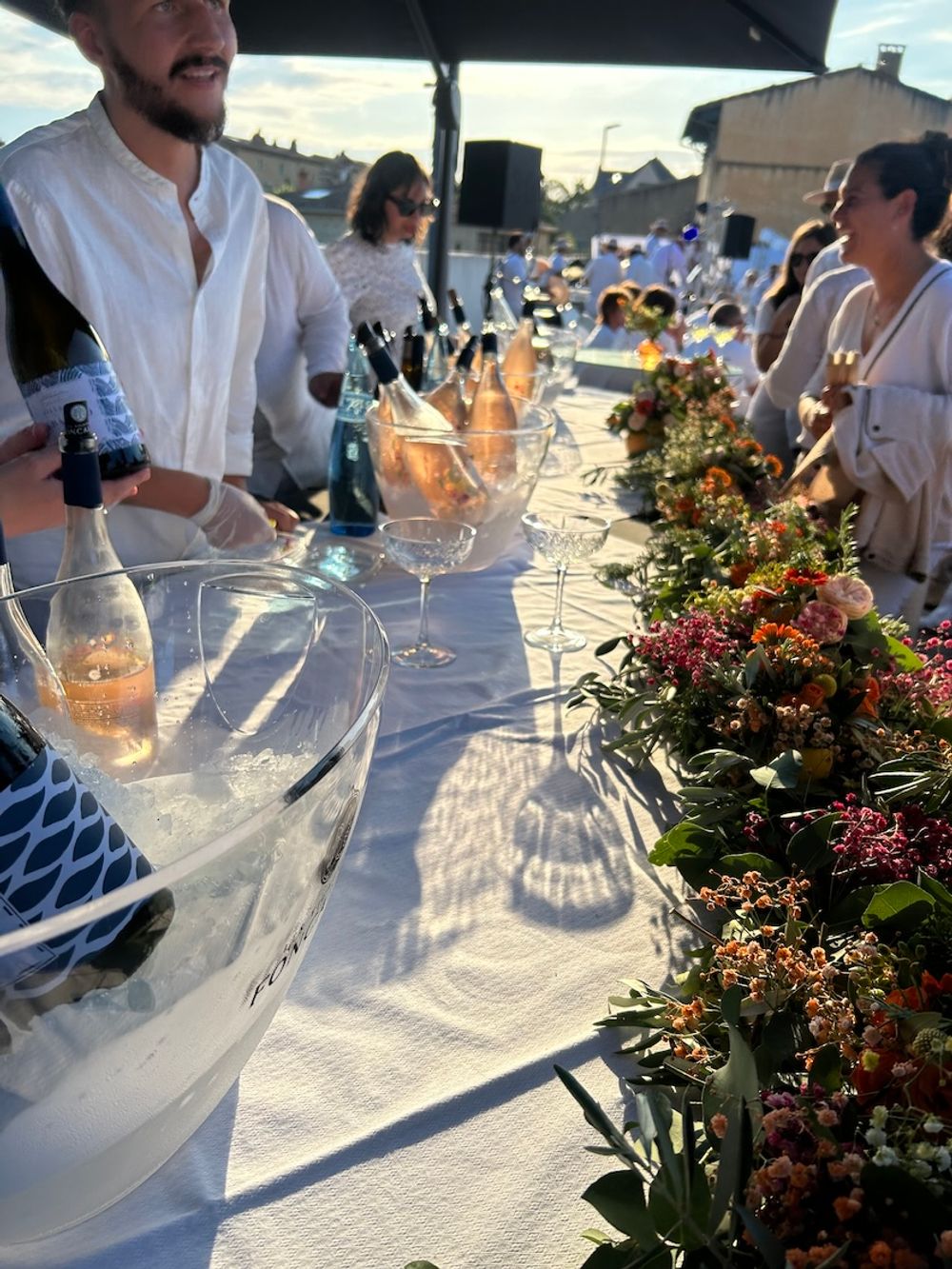
Many of the styles championed by Foncalieu remain within the easy drinking category but it’s clear the region continues to gain an improved reputation in international markets. In fact, 16 of the biggest French rosé brands saw a reduction of more than 3% of shipments into the US, according to Impact Databank in 2023. Despite this reduction to 2.36 million cases a year, this is still more by 400,000 cases seen pre-pandemic.
The continued foothold of rosés in the US is in no small part due to other producers such as Gérard Bertrand. His efforts have been relentless to put the Languedoc region on the global wine map. This can only benefit the work of Foncalieu who remain hugely influential in the wider region as a large cooperative.
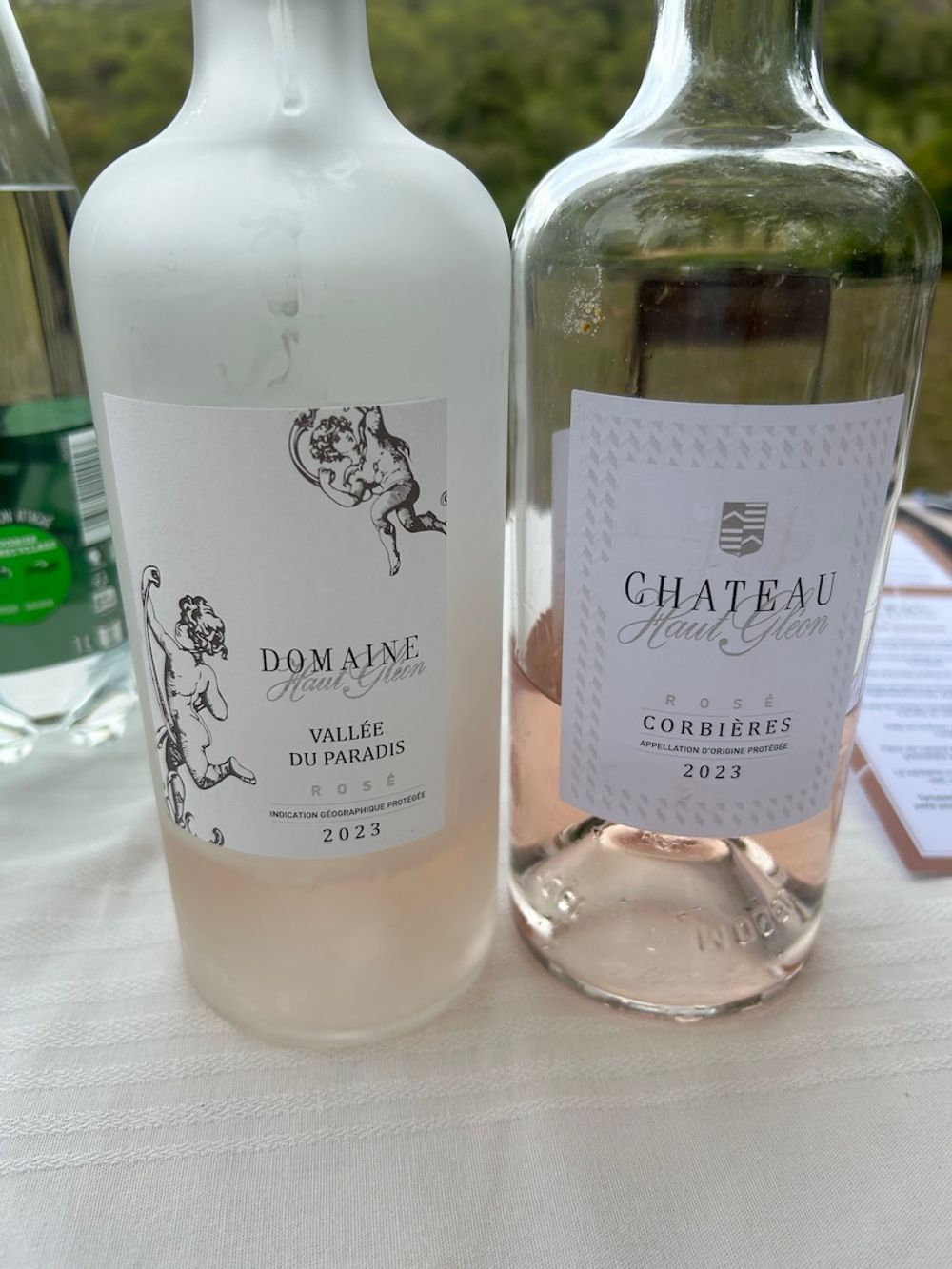
Two of Foncalieu's premium rosés
Foncalieu may not be producing super premium £200 rosés yet like Bertrand’s Clos de Temple. But they are ensuring quality examples from its Château Haut Gleon range which forms part of its affordably priced, quality rosé production. This rosé is a blend of Syrah and Grenache, with pronounced aromas of blackcurrants and redcurrants but wild strawberries and sweet spices dominate the long finish. A gastronomic wine with huge potential for pairings at a price that is competitive in a busy market.
Despite the continued stronghold Foncalieu finds itself in, there will always be challenges as Nathalie Estribeau, the company’s export director described:
“What isn’t easy is that when there’s a trend it’s concentrated on one or two wines not in diversity. Diversity makes us strong…we make and sell so many different wines and that is our point of difference”
There can be little doubt that despite the size and success of their wines, this is one cooperative that refuses to rest on its laurels; and with this category remaining strong, Foncalieu’s winemakers will be in the pink for some time to come.
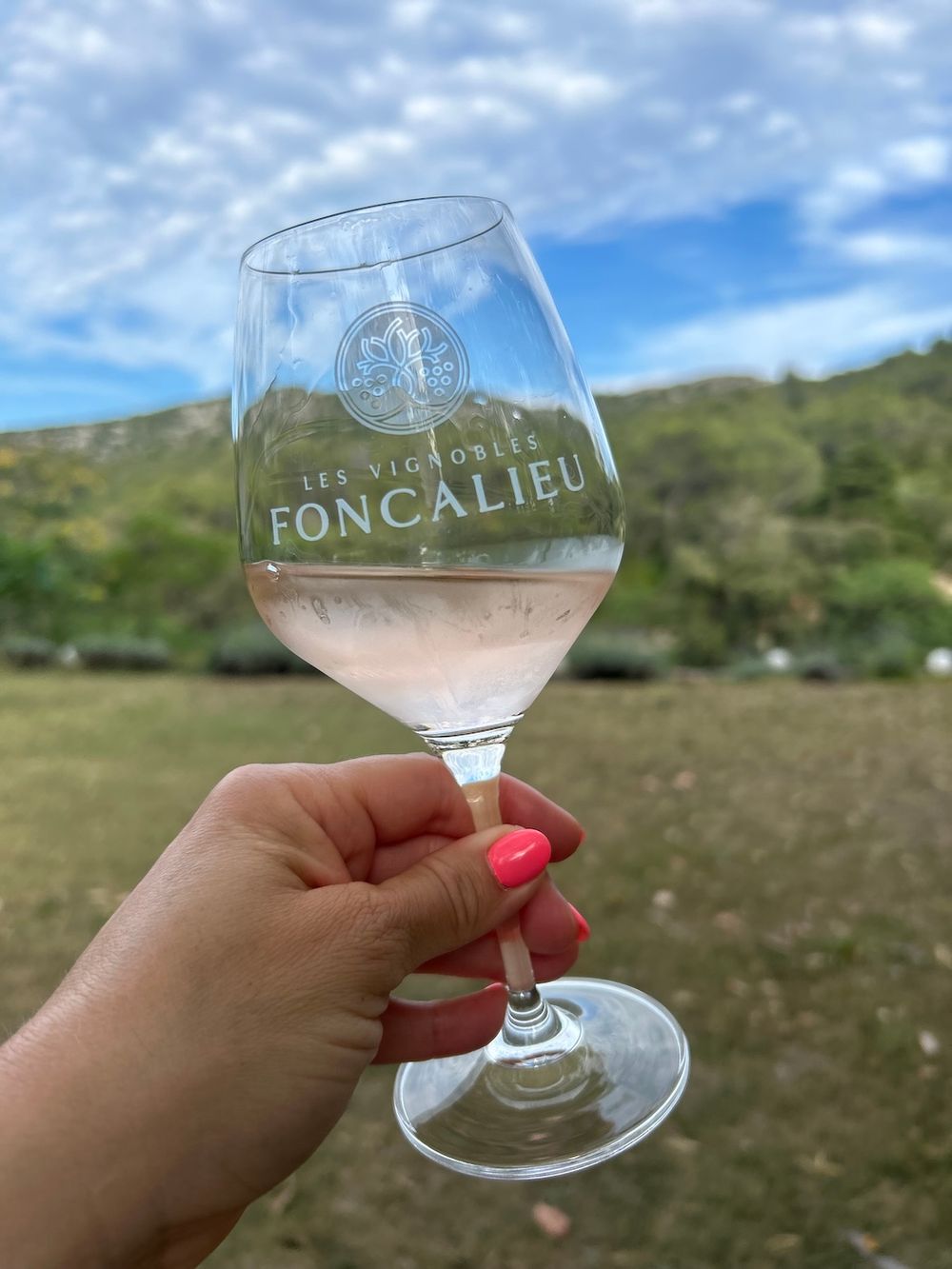
*(Versant RRP £11 – Wickhams, Hennings, Simply Wines Direct, The Fine Wine Company.
Les Vignobles Foncalieu is a commercial partner of The Buyer. To discover more about them click here.
































